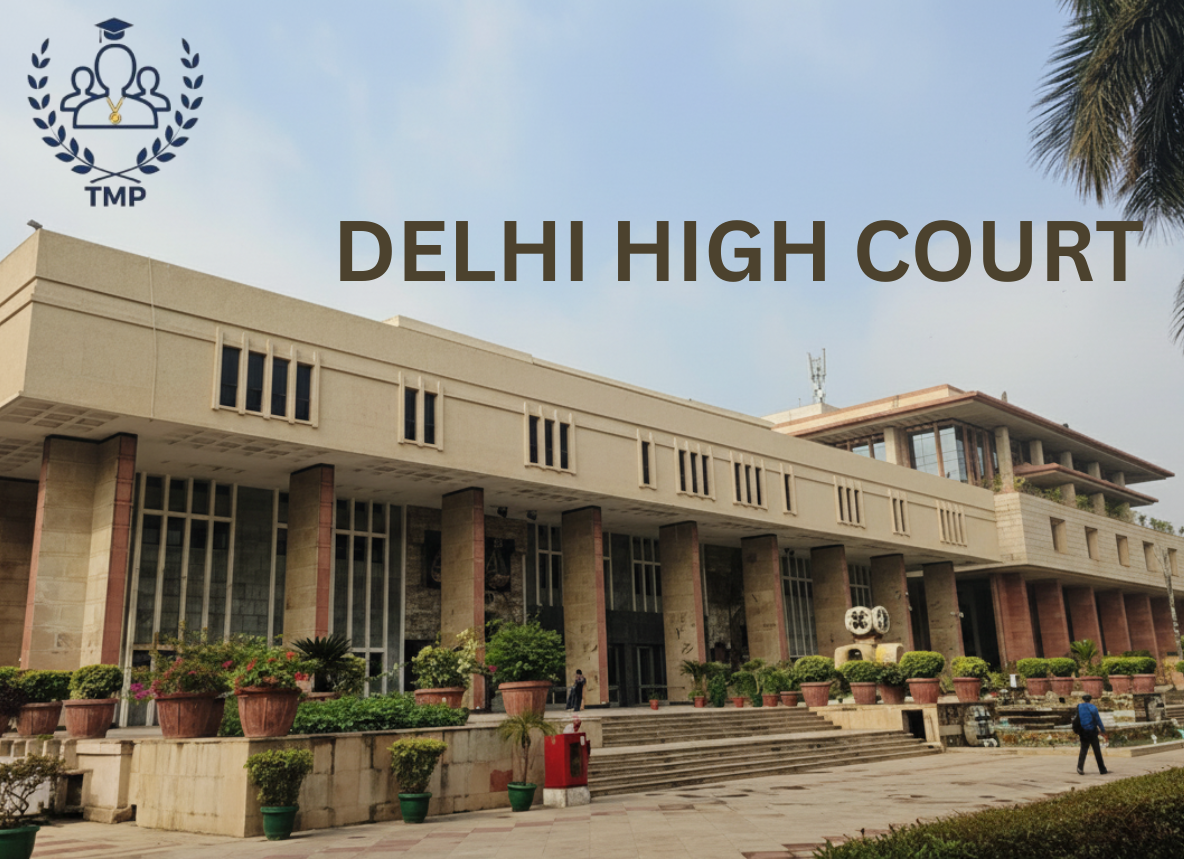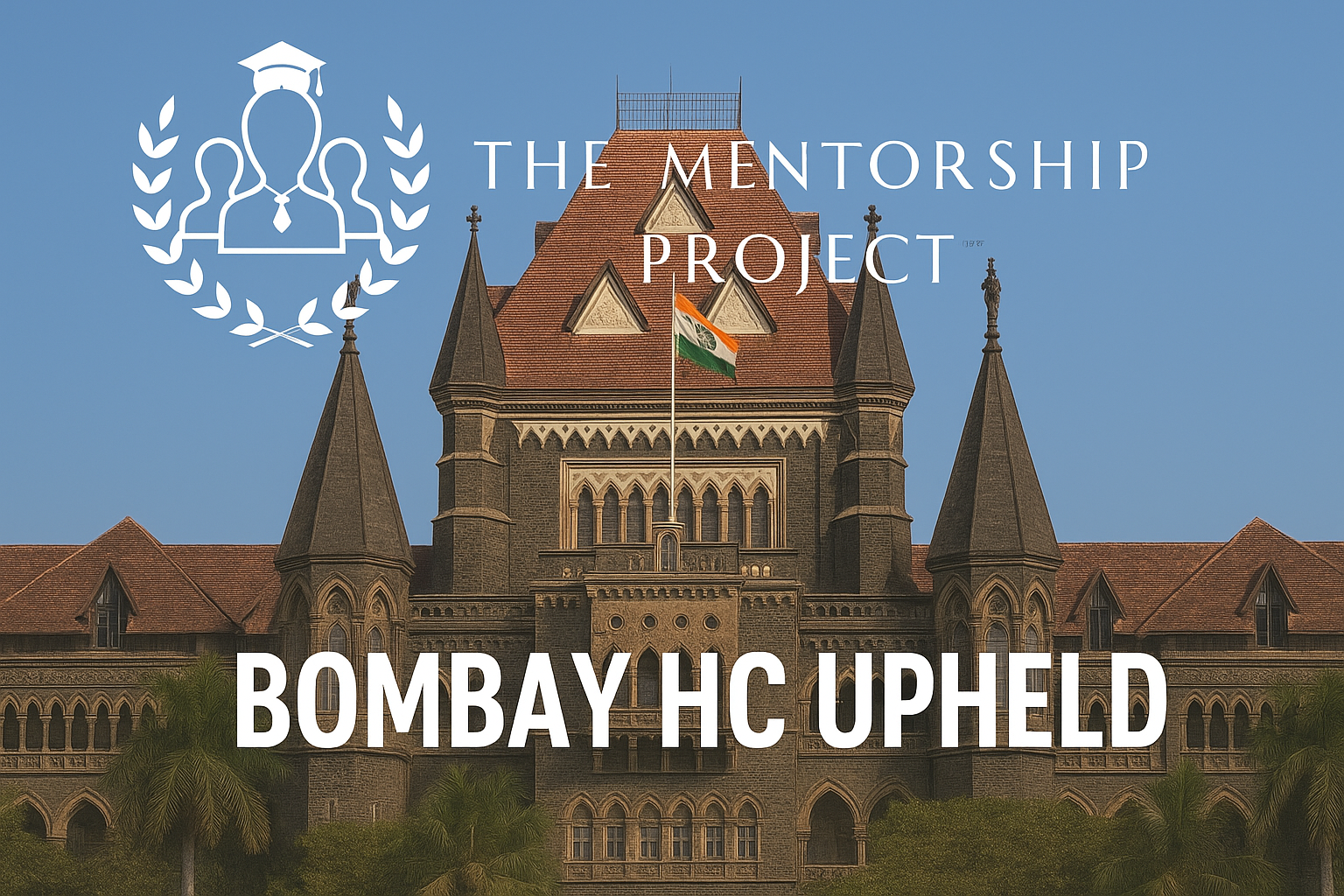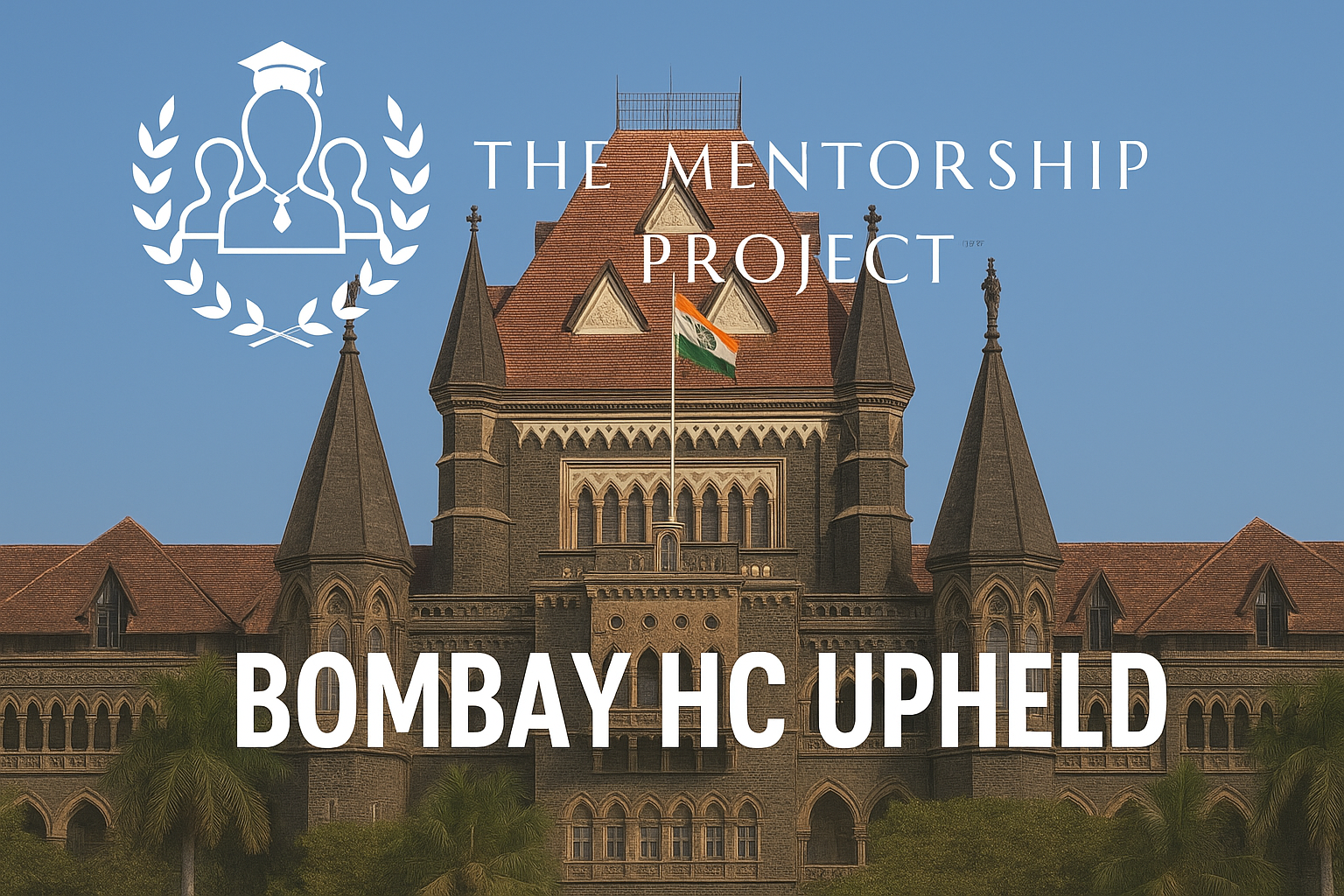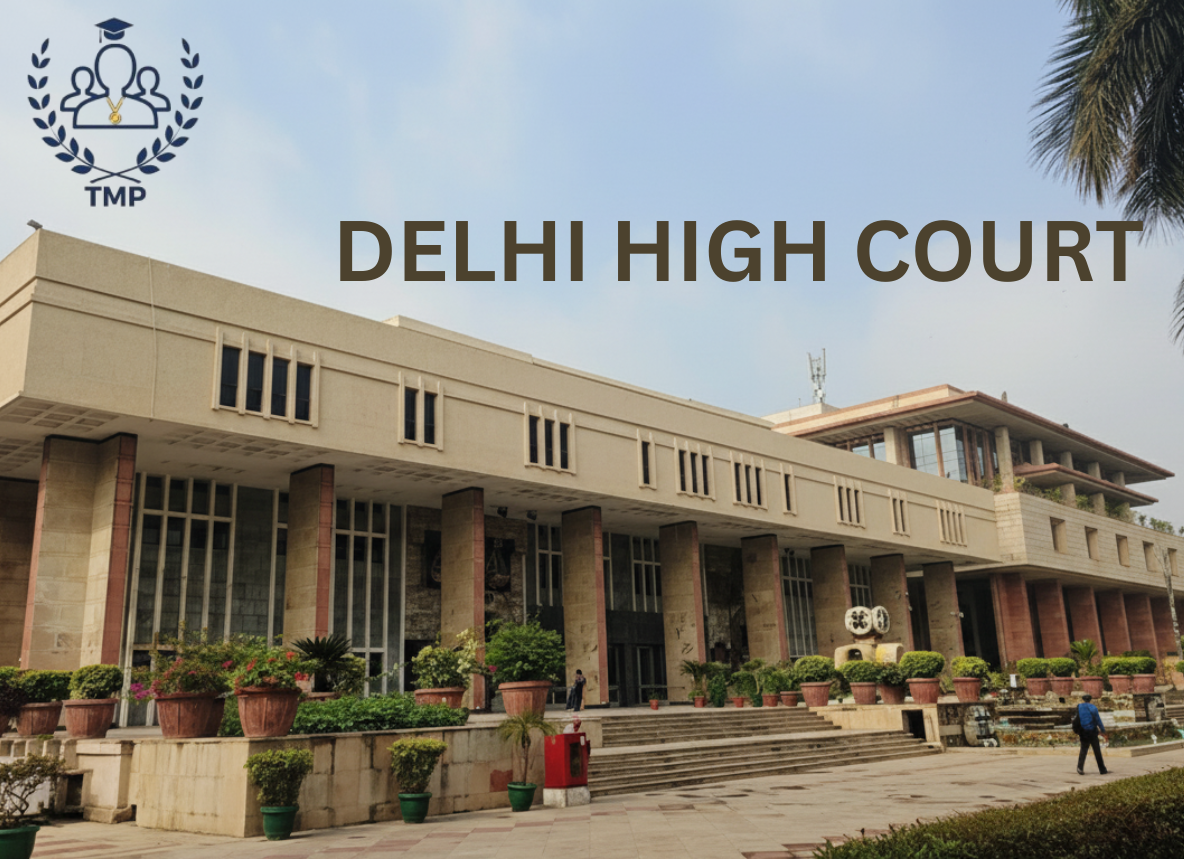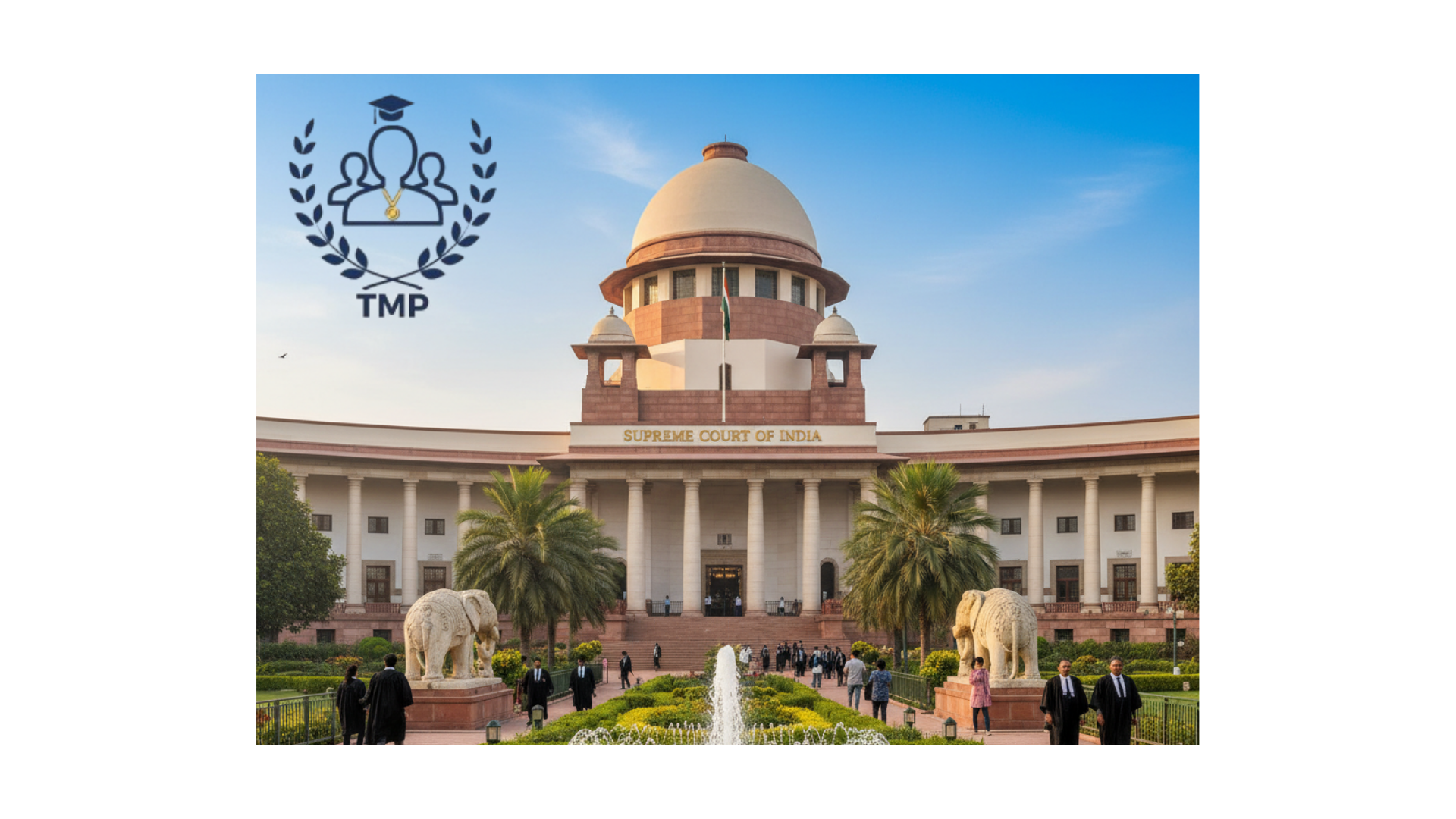October 21 , 2025
Delhi HC Upholds Trademark Injunction in ‘SACHAMOTI’ Family Dispute Case
The Delhi High Court upheld an interim injunction restraining Sabu Trade Pvt. Ltd. and other family members from using the trademark “SACHAMOTI,” affirming that the registered proprietor, Rajkumar Sabu, holds prima facie ownership under the Trade Marks Act, 1999. The Court rejected claims of family-based entitlement, ruling that statutory rights prevail over informal familial arrangements.
Neutral Citation: FAO(OS)(COMM) 61 & 62 of 2024; Delhi High Court
Date: 13 October 2025
Bench
Justice V. Kameswar Rao; Justice Vinod Kumar.
Legal Issue
Whether the appellants, Sabu Trade Private Limited and other family members, could assert prior user or family ownership rights over the trademark “SACHAMOTI” despite the mark being registered in the name of Rajkumar Sabu, and whether the interim injunction restraining them from using the mark was justified under the Trade Marks Act, 1999.
Brief Facts
The “SACHAMOTI” brand, associated with sabudana (sago), originated within the Sabu family, which had long been involved in the food products business. The appellants, Kaushalya Devi Sabu, Gopal Sabu, and Sabu Trade Private Limited (STPL), claimed that the mark “SACHAMOTI” was first used in 1984 under “Sabu Traders” and later by STPL after its incorporation in 1993. They also relied on AGMARK certification from 1993 to establish continuous and bona fide use.
Conversely, respondent Rajkumar Sabu contended that their mother, Late Smt. Chandrakanta Sabu, originally adopted the mark in 1982 and later transferred her rights to him through an affidavit and a recorded statement. Rajkumar obtained trademark registrations for “SACHAMOTI” in 2003 and 2006 and registered the copyright in the label in 2013. The appellants alleged deception and breach of fiduciary duty, as Rajkumar had earlier served as a director in their company, and challenged his registrations as fraudulent.
The Single Judge, in March 2024, granted an interim injunction restraining the appellants from using the mark. The appeals before the Division Bench sought to overturn that injunction, arguing prior use and family-based entitlement to the brand.
Judgment
The Division Bench dismissed the appeals, upholding the injunction in favour of Rajkumar Sabu. The Court reiterated that registration under Sections 28(1) and 31(1) of the Trade Marks Act, 1999 constitutes prima facie proof of proprietorship and validity, entitling the registered owner to statutory protection unless rebutted at trial. Family or emotional claims cannot override statutory ownership.
The Court held that the appellants’ plea of prior use was a factual question requiring evidence and could not defeat the registered proprietor’s presumptive right at the interlocutory stage. Citing Wander Ltd. v. Antox India Pvt. Ltd. (1990 Supp SCC 727), the Bench emphasized that appellate interference with discretionary interim orders is limited to cases of arbitrariness or perversity, which were absent here.
Recognizing the familial nature of the conflict, the Court ordered both parties to maintain status quo and refrain from projecting themselves as exclusive proprietors until the suit’s final adjudication. The ruling reinforced that trademark ownership must be determined strictly through statutory rights and evidence, not informal family arrangements.
TO READ THE FULL ORDER CLICK HERE

